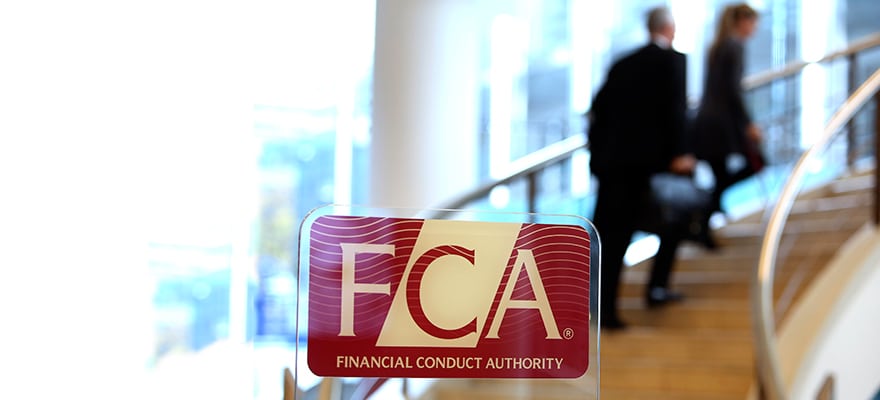Earlier this week the European Council acknowledged the ongoing status of Brexit negotiations with the European Union (EU), though unveiling key transition details. Of particular note is the potential retention of passporting rights for investment firms, which could be grandfathered into any new regulatory regime moving forward.
Discover credible partners and premium clients in China’s leading event!
The move was not only a welcome revelation for financial firms but also the UK’s Financial Conduct Authority (FCA), which has backed the council’s progress and support of open markets and free trade. The regulator has also championed strict regulatory standards in light of this openness, which the council has repeatedly hinted towards amidst ongoing negotiations.
The UK is now formally expected to break from the EU in March 2019, though this date is quite a long way off. In the meantime, Brexit negotiations have reached the second phase and are touching on key transition provisions. Nothing is set in stone, though it is strongly anticipated that passporting between the UK and the bloc after Brexit and during the implementation period could be maintained.
Passporting has been a lingering concern of major banking institutions in the UK. The impetus behind most banks’ relocation of their trading bases out of London and into the bloc has centered on this provision. Should the UK actually maintain passporting rights, it could help allay any broad-based exodus of personnel.
That being said, early indications suggest that such a large personnel move may in fact be overblown. Consequently, London and by extension the UK is still expected to maintain its role as a paramount financial center moving forward.
FCA endorsement
The FCA has also backed an implementation period for Brexit – the FCA will monitor the negotiations and provide further information to firms as appropriate. This week the UK government also legislated for a temporary permissions regime. In particular, the regime will also look to facilitate relevant firms and funds to undertake new business within the scope of their permission, enabling them to continue performing their contractual rights and obligations.
Additionally, firms and funds that are solely regulated in the UK by the FCA would need to notify the authority before Brexit of their desire to benefit from the regime. However, this notification for temporary permission does not require the submission of an application for authorization. The FCA is expected to set out further details of its approach at some point in 2018.
In order to concurrently update the situation as well for investment firms, the FCA will continue to cooperate closely with the home state regulators of firms in the bloc and the European Supervisory Authorities. Firms based out of the UK that service clients in the EU should however continue to prepare for a wide range of scenarios.
It is still unclear what sort of arrangements or regime provisions will ultimately transpire as negotiations are still ongoing.





Be First to Comment